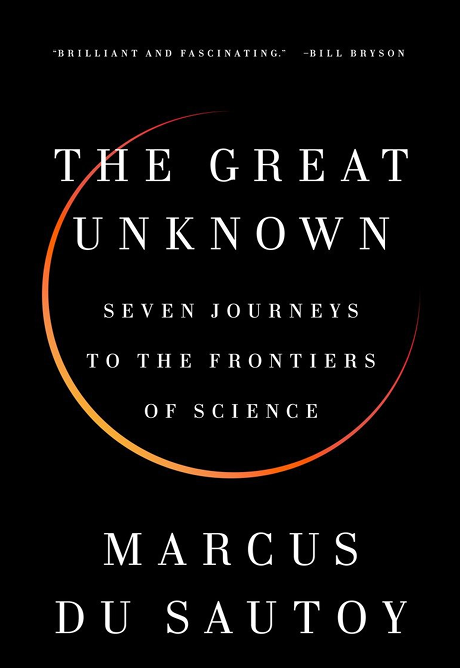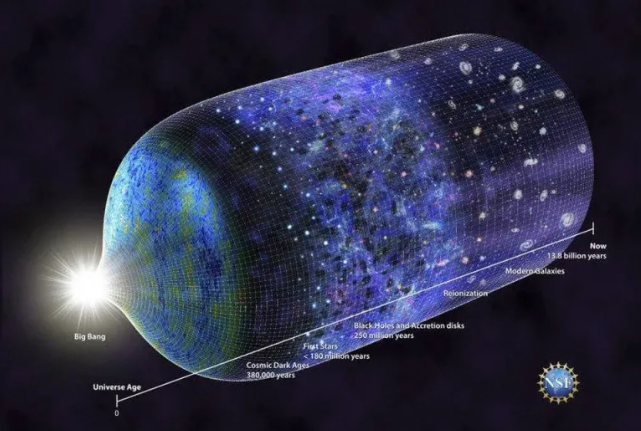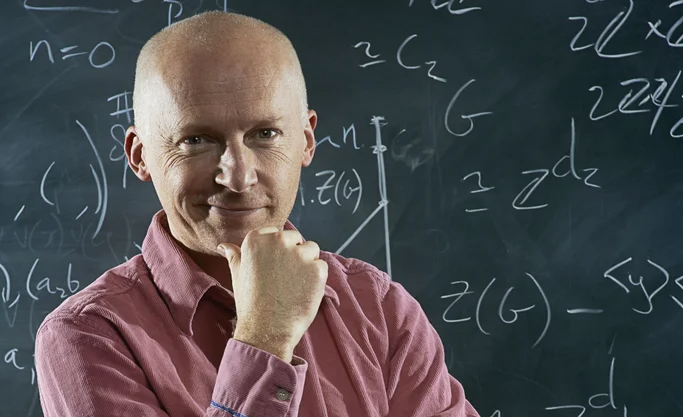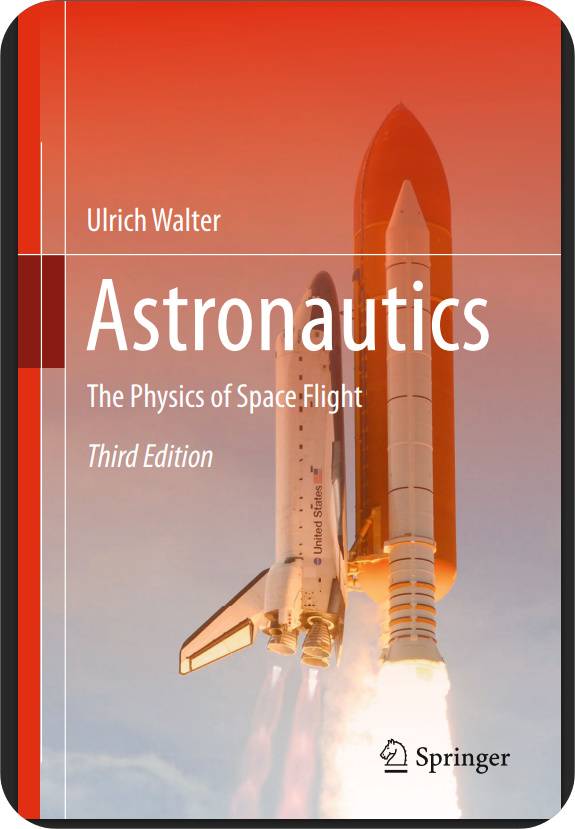
Have you ever felt that curious while looking up at the night sky? The idea that we are so puny in the vastness of space doesn’t make you wonder sometimes about the mysteries that lie beyond our understanding? That’s exactly the idea Marcus du Sautoy explores in The Great Unknown: Seven Journeys to the Frontiers of Science, first published in 2016. He has tried to explore the limits of human knowledge. And somehow, it’s both humbling and electrifying, which makes the book so fascinating to read.
In this book, Du Sautoy, a mathematician and the former Simonyi Professor for the Public Understanding of Science (a title once held by Richard Dawkins), invites us on a journey across seven “Edges” or the chapters of knowledge, which are:
- Chaos: Why we can’t fully predict the future, even with perfect equations. What hit me here is the idea that even with all the data in the world, we might never be able to predict certain outcomes, like how a society behaves, or even whether we could have evolved differently. The illusion of control, especially in science, is gently but firmly shattered.
- Matter: What the universe is really made of, and whether there’s a bottom layer. Like I figured, the section’s all about revealing tiny bits like quarks, electrons, strangeness, charm, and more.
- Quantum Physics: The bizarre rules of the subatomic world. Sautoy dives into the world of quantum mechanics: wave-particle duality, Heisenberg’s uncertainty, Schrödinger’s cats. It’s super weird but it’s always been my favourite, and I still don’t get it. Pause. The randomness isn’t just because we don’t know enough, it’s just how it is. Totally fundamental, yet out of our catch. Maybe ‘coz intuitively we understand Newton’s physics but this doesn’t.
- The Universe: What’s out there, how it began, and how (or if) it ends. Cosmology is huge and packed with questions we might never figure out. Du Sautoy takes us through how we measure space distances (like those amazing pulsating Cepheid stars), why the universe is getting bigger, and what it means that it’s actually speeding up. And then comes the dark energy. I really enjoyed the chat about multiverses and Roger Penrose’s idea of the universe going in cycles. BTW, I have two of his books, worth checking them out – The Road to Reality and The Emperor’s New Mind. Coming back to The Great Unknown, there’s no solid answer regarding the universe and honestly, that’s kind of the whole point. When it comes to the shape and destiny of everything, maybe it’s alright not to have all the answers.
- Time: What is it, really? And could it run backward? Du Sautoy also throws in some mind-benders: Is time an illusion? Could it loop? Could it… not exist at all? Gödel and Penrose suggest it’s not as linear – or real – as we think. This chapter was both philosophical and surprisingly personal. It’s the one that makes you stare out the window for a while afterward.
- Consciousness: The ultimate mystery: how does the thought arise? Du Sautoy shares stories of brain experiments, split-brain patients, and the eerie possibility that machines might someday appear conscious, or maybe already do. The most haunting question here is whether we’ll ever know if something else is truly conscious. Because we’re trapped inside our own minds, the experience of another’s mind might forever be out of reach. It’s a chapter full of big ideas, but also humility and wonder.
- Infinity: Where math meets philosophy, and logic bends. Du Sautoy explores different sizes of infinity, Gödel’s incompleteness theorems, and the philosophical limits of logic itself. This chapter does what math should do: it expands your brain while reminding you how fragile certainty can be. It’s not just abstract. The implications are massive: even in pure mathematics, some truths can never be proven. Think about that. Even with the sharpest tools, we might never reach the end.

Favorite Highlights
- Chaos Isn’t Just a Buzzword: Tiny changes in starting conditions can lead to wildly different outcomes. Think weather forecasts or financial markets. Predicting the future might be impossible, not because we’re dumb, but because reality itself is unpredictable.
- Quarks and the Particle Zoo: Remember the periodic table from school? That was just the beginning. Physicists now deal with a whole zoo of particles, some named after strange properties like “charm” and “strangeness”. And there’s still debate about whether these are the true building blocks of reality or just another layer in an infinite onion.
- Quantum Physics Is Deeply Weird: Electrons can act like waves or particles, depending on whether we’re watching. There’s a built-in uncertainty to everything at that scale. This isn’t “we don’t know” rather it’s “we can’t know”.
- The Universe Is Expanding… Faster: Not only is space stretching, it’s doing so at an accelerating pace. Dark energy is pushing galaxies apart, and we don’t really know what it is. Also, there might be infinite other universes.
- Time Isn’t What You Think: According to Einstein, time is relative. It moves slower when you’re near a massive object or traveling fast. That’s been proven. But we still don’t know why time only seems to flow one way or what happened “before” the Big Bang.
- Consciousness Might Be Unknowable: Can we ever really know what it’s like to be someone else? Or a machine? The book explores split-brain patients, brain scans, and the ethics of AI. One unsettling idea: maybe we’ll never be able to tell if a machine is truly conscious or just really good at faking it.
- Infinity Comes in Different Sizes: Mathematician Georg Cantor showed that not all infinities are equal. That’s not just a math trick, it has implications for logic, science, and our understanding of truth itself. Oh, and Gödel’s Incompleteness Theorem? It proves that some mathematical truths can’t ever be proven.
Why This Book Sticks With You
What makes The Great Unknown stand out isn’t just its ideas, it’s the way Du Sautoy has presented some of the major unprecedented problems in science and his honesty about what he doesn’t know. The idea behind the book isn’t to reach a convergence point but to surface those …questions that remain unresolved, inviting readers to embrace uncertainty that still lie beyond the boundaries of current understanding.
No doubt books like these give a li’l existential dread and at the same time a lot of awe. And so it reminds me that science isn’t just about facts or knowing it all rather, it’s about curiosity. About asking questions, even when you know the answers might never come.

Should You Read It?
If you love science but also enjoy a bit of mystery, this book is for you. It’s perfect for readers of Brian Greene, Carlo Rovelli, or even those who enjoy the deeper episodes of Radiolab. It doesn’t pretend to wrap things up with a bow. Instead, it invites you to sit with the big, messy, beautiful questions.
It’s not light reading but it’s not inaccessible either. Du Sautoy has a knack for explaining tough ideas without dumbing them down. And if you’ve ever wondered what lies just beyond what we know, you’ll feel right at home here.
Takeaway
The Great Unknown is a brilliant, mind-bending, occasionally unsettling tour through the frontiers of science. It doesn’t offer certainty. It offers perspective and that might be even more valuable.
Reading it feels like standing at the edge of a cliff, looking out into fog. You don’t know what’s out there. But you want to know. And sometimes, that’s enough.



